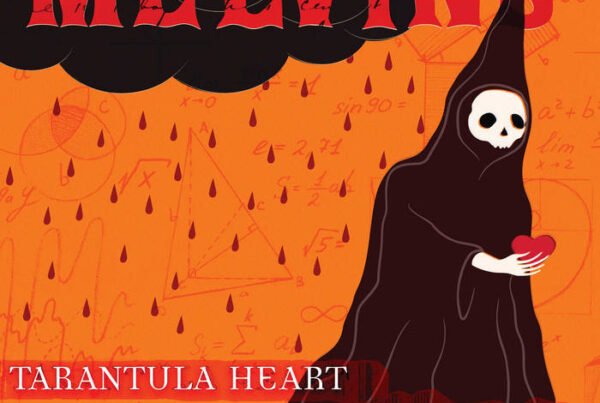As if negating their own name, Minor Movements have moved a huge step forward since their last album. Bloom is a beautiful collection of pure, tight, solid instrumental post-rock.
Release date: March 15, 2019 | Independent | Facebook | Bandcamp
Nebraska quartet Minor Movements‘ previous album The Quick Passing of Days was released four years ago and featured only two musicians, allowing for a more laid-back, acoustic, and overall shimmery – though at times somewhat aimless – experience. Now the band has grown and, with three new members, taken a more focused and condensed approach, mostly forgoing their ambient side and field recordings.
It is clear that they embrace the essential formula of the genre, the necessary dynamic climax within basically any given piece, but Bloom is far from being the kind of run-of-the-mill crescendo-core music where the entire course of a track is clear (and clearly unavoidable) from the first few measures. Instead, the band made sure that every track has its unique something, and then at least one more idea on top of that. The album’s second piece “We Dreamed to Each Other” shows this approach right away with its gritty finale, while some of the electronic-flavored ‘reverse-tape’ effects later on immediately recall Caspian. Still, it is the actual guitars that drive the music forward, whether their sound happens to be clean, overdriven to the extreme, or downright feedbacked into oblivion.
The overall mix is great and absolutely clear, but what needs to be mentioned especially is the low end. Matt Cornell’s roaring bass guitar just blew me away – he evidently likes to grip and shake the listener around every now and then with just a few tones to remind them where it’s at. This is forward-thinking mixing of the bass and low end in general done right, and for great purpose. In other words: it is obvious that the bass was generously given any and all the space it wanted/needed on this album. Just listen to the finale of “Where You’re Looking From”, which can’t be described in any other way than as being truly and utterly earth-shattering. All of those truly intense dynamic heights are managed well, in both the instrumental and engineering sense, and while there is no really groundbreaking riffing or breakneck rhythmic complexity going on, it definitely is thoroughly well thought-out, fleshed-out, played, and recorded music.
Drummer Kent Lutt’s solid, reliable drumming showcases the rhythmic palette of the genre, from the classic 4/4 patterns to more tribalistic kinds of thumping, all of which is cleverly and evenly portioned to avoid fatigue. Post-rock listeners tend to quickly realize that rhythmic variety is the only meaningful option for this kind of music, and thankfully Minor Movements grasp this knowledge fully. So while the drumming itself is by all means satisfactory, and the sound is downright massive, it may all be a bit too conventional. Incorporating extended instrumentation or maybe just a few unusual accessories could easily add a whole new flair and memorable detail to the overall experience.
What is the takeaway? These guys aren’t trying to reinvent the wheel, instead seeking to play genuine instrumental post-rock while trying to tweak and improve on minutiae here and there, if only just a tiny bit, as evident by the end of “Clouds of Smoke”, which just doesn’t seem to let go, or the three-minute landing roll after the massive climax of “Hamatreya”. These and more are proof of Minor Movements having succeeded in their endeavor. Bloom is a genuine step in the right direction, and a thoroughly enjoyable portion of instrumental music.






